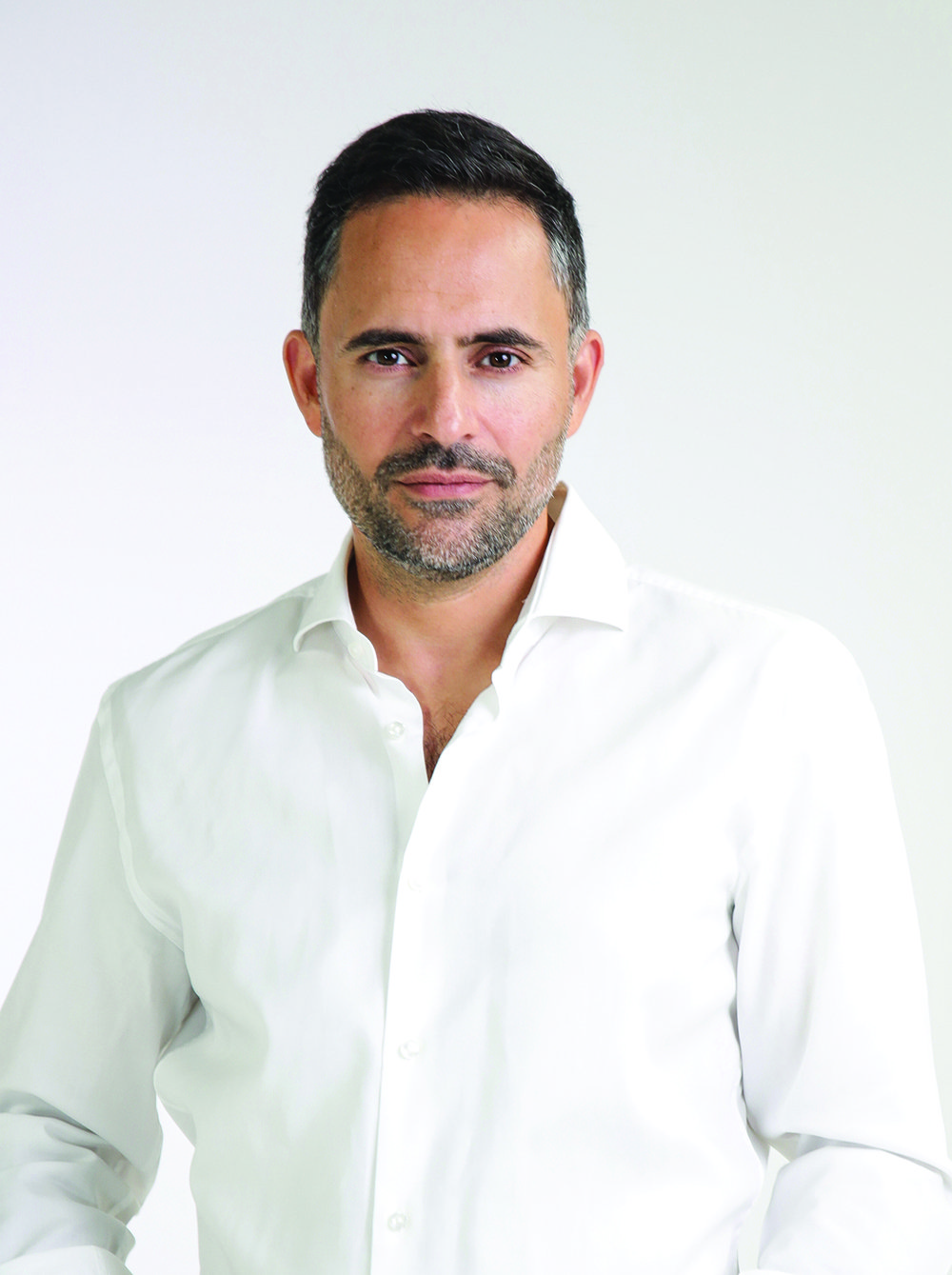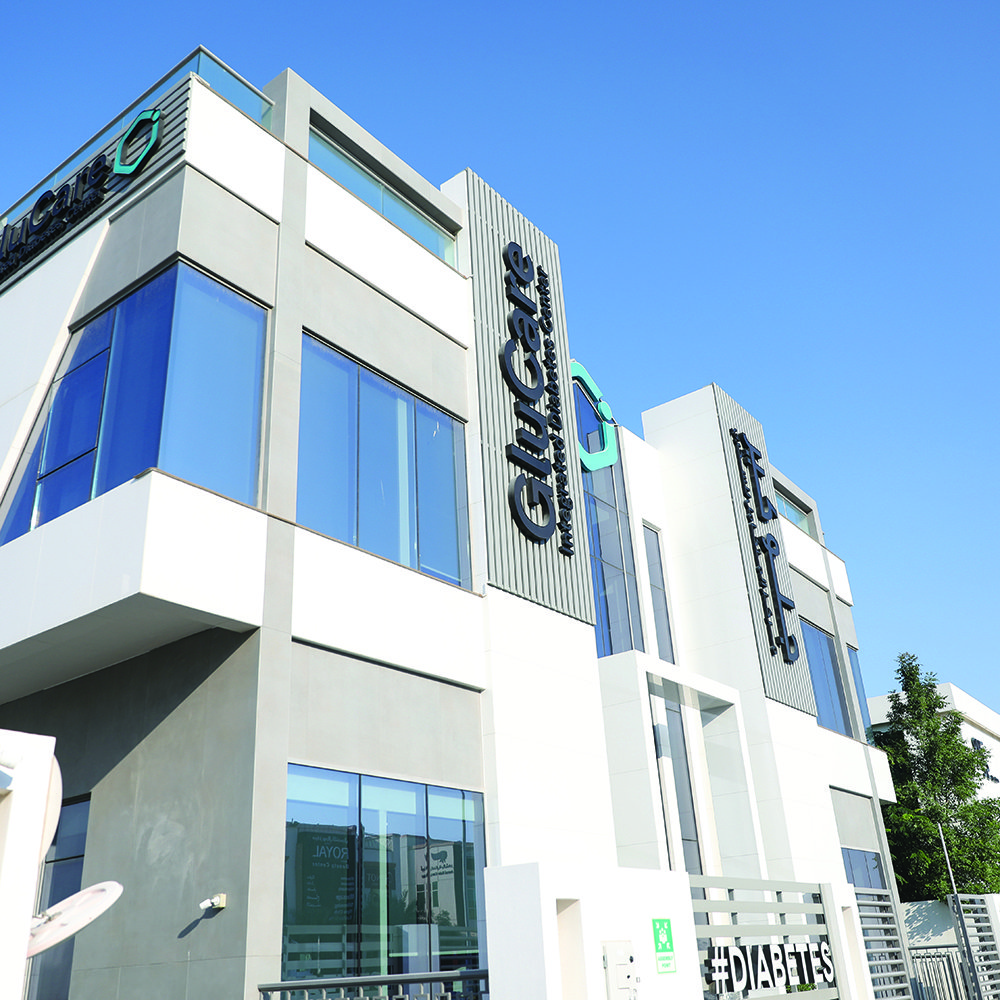Co-founder of diabetes management centre Glucare, Ali Hashemi, talks about the path towards metabolic health and the vision that propels his company and work ethic forward
Bridging the gap between healthcare and technology is something that Ali Hashemi has long been passionate about. “What does it mean to be data-driven in healthcare? Ten years ago, when people thought about the future of medicine from a data perspective, it was all about ‘how do we digitise the health record?’ It’s hard because that data is siloed in different places with different owners and it’s fragmented. And even if you were to succeed in consolidating all that, what are you going to do with that?” asks Hashemi. He also realised that despite a century of healthcare innovation, metabolic dysfunctions such as diabetes continued to plague humanity.
Putting these two thoughts together, his mission became clear: to empower individuals to control their health by providing real-time, actionable insights from comprehensive data. He says, “It comes down to food, sleep, stress management and exercise. It comes down to all the behaviours and decisions that we make every single day. So why aren’t we able to make the right decisions? That is the fundamental question that underpinned why we launched Glucare.”
But the decision to focus on diabetes management wasn’t purely strategic. Personal experiences, including the loss of his grandfather to diabetes complications and his own battle with prediabetes, added a personal layer to Glucare’s founding. Hashemi says, “The incidence of metabolic dysfunction in the US is now estimated to be 70-80 per cent of the total population. In the UAE, the estimates now are that upwards of 20-25 per cent of the population is already diabetic and upwards of 25 per cent of the population is prediabetic.”
Hashemi’s passion for technology is evident. He’s created a hybrid model with Glucare, which combines cutting-edge technology with human expertise. The use of continuous glucose monitors (CGMs), wearables and data analytics allows Glucare to curate a personalised journey for each patient. The technology used is not just for show. Hashemi says, candidly, “A lot of folks drink the technology Kool-Aid to an extreme and they become very hyper focused on that. That’s missing the point. The point is: how do we generate the best outcome?”

Part of generating healthier outcomes is nutrition. Hashemi addresses the issue of food hygiene – or the lack of it – when it comes to overall health. “Food hygiene is something that we all lack. It’s not an easy thing to fix because we don’t have the underlying cause-and-effect data for what we put in our bodies. Some people educate themselves enough to start looking at ingredients and nutritional values, but even that is hard. For the regular parents of three kids trying to get a healthy lunch put together, it’s time consuming and it’s more expensive than just going the prepackaged route. And what confounds it further? No two people are the same. You can have two people eating the identical meal and having a very different response to that meal.”
However, Hashemi is hopeful about the future. “The good news is that everyone can chart their own path,” he says, continuing, “and you don’t have to get stressed out about it. You don’t need to go all in and revolutionise your whole life. You can start with baby steps.”
He suggests using a CGM and adds, “These are devices that were originally designed for people with Type One diabetes because they depended on these devices to know what their blood sugars were. But nowadays you’ll see people who are healthy who want to get a better understanding about their metabolic health who will wear the CGM.”
Hashemi explains further, “Put on a CGM, start logging food, and understand cause-and-effect. You might find that there are five foods that cause the biggest spikes. Just by eliminating those five things but keeping all the other things that you love makes a huge change in the way you feel and the way you’re carrying your body around.”
He adds, “There is no one template solution. The template is to just get started.”
Hashemi is passionate about health and adds that he would like to be remembered not just as an entrepreneur but as a meaningful contributor to the global war on metabolic dysfunction. He says, “I’ll leave you with this because it’s an interesting way to think about the work that we do: think about it in a different currency, the currency of human life. For example, consider the currency of how many years of life are you helping someone claw back or earn. Then move the currency into something more personal: all the memories that those years will create.
“As an entrepreneur in healthcare, you can sell a business; you make money and create commercial and economic value for yourself. But the triple bottom line around human and societal impact is massive.”
Listen to our podcast interview with Ali where he talks more about Glucare: Nourish by Spinneys.

